Identity + Orientation
LGBTQ+ identities are not a mental health condition, but the way the world treats them impacts their lives and mental health. With this in mind, Hope for the Day launched our Identity and Orientation variant of The Things We Don’t Say education program.
Members of the LGBTQ+ community are more likely to struggle with their mental health because of the stigma and discrimination associated with their identity and/or orientation. Many standard mental health solutions are often not designed for the unique challenges LGBTQ+ people face.
Identity and Orientation focuses on the unique intersection of LGBTQ+ experiences and mental health. We’re not here to debate anyone’s identity. We seek to provide a safe space for all those in the LGBTQ+ community to find resources, support and see that they are not alone. This platform is also a transgender, nonbinary, asexual, polyamorous, and kink affirming space!
Hope for the Day’s Education Director, Allison Herman (she/her), designed this program to hone in on the needs of this specific community.
“If we can really get to the core needs of these specific communities we’re going to help a lot more people than just throwing a wide net and hoping that they find what they need,” Herman said.
A long history of discrimination has led to some of the mental health challenges LGBTQ+ people face today. According to GLAAD, members of the LGBTQ+ community are 2 to 6 times more likely to attempt suicide than their straight peers. For transgender and nonbinary people, that statistic jumps to 10 times more likely.
For a long time homosexuality was seen a condition that could be cured. A diagnosis about sexual orientation didn’t completely fall out of the Diagnostic and Statistical Manual of Mental Disorders until 1987. It wasn’t until June of 2015 that same-sex marriage was legalized and June of 2020 that LGBTQ+ people were protected from workplace discrimination. Even in 2021, people in this community still struggle to obtain basic protections and equal access to resources.
“If you think of the person you know yourself to be, being seen as a disorder and something to be fixed—that really creates a standard in society where you don’t really feel like you belong,” Herman said. “You feel like something is wrong with you.”
Identity and Orientation aims to validate those feelings while providing resources to help people understand that they do belong and are valued. According to Meg Fair (they/them), an instructor at Hope for the Day who provided feedback during the development process of the program, this history of societal standards can make self love a difficult process.
“There’s something really challenging about trying to love yourself in a world where your existence is stigmatized,” Fair said.
That stigmatization can make the process of finding a qualified therapist all the more difficult. Herman and Fair both noted the problems they’ve faced trying to find a therapist that understands their identities as members of the LGBTQ+ community.
LGBTQ+ people will at times have to teach their therapists about their identity, which can be draining. You want someone who will understand where you’re coming from to save time and energy during sessions. It’s tiring enough having to explain their identity to people during day-to-day life.
According to Herman, people questioning your identity starts to wear on you.
“Everytime you meet a new person you have to come out again,” she said.
Because of this, that time in therapy should be free from that constant requirement to educate. Herman said the fact that LGBTQ+ competent therapists are difficult to find, is a big reason she didn’t seek help earlier.
“I didn’t go find a therapist until I found someone that was LGBTQ+ competent and at that point I should’ve found a therapist a long time ago,” Herman said. “I wanted to make sure that I could build a program that made that so much easier for people.”
In addition to the program itself, the website for Identity and Orientation holds a variety of resources for the LGBTQ+ community. Part of that is a list of competency questions to empower people to have an honest conversation with their therapist. These questions can take some of the guesswork out of finding the right therapist for you.
As Fair pointed out, you shouldn’t have to settle for the first therapist you meet with.
“Because we don’t talk about mental healthcare, because most people don’t even know how to approach finding a therapist,” Fair said. “A lot of people just settle with the first therapist we find and that’s not always going to be the person that can help you best.”
While it can be a process, finding the best therapist for you will be beneficial in the long run. Having the proper support before reaching a crisis stage can make navigating hardships more manageable.
LGBTQ+ people deserve to feel valid during therapy and in day-to-day life.
“There isn’t anything wrong with us,” Fair said. “We deserve love and care and support and the ability and tools to help each other and I’m excited that people will be able to feel that feeling that I felt when I first sat through the education session.”
Hope for the Day hosts online Identity and Orientation education sessions on the first Friday and last Wednesday of each month. Those interested can sign up for an upcoming session at www.peervention.org.
It’s ok not to be ok. More information and resources are available at www.hftd.org/lgbtq and at www.hftd.org/find-help.

